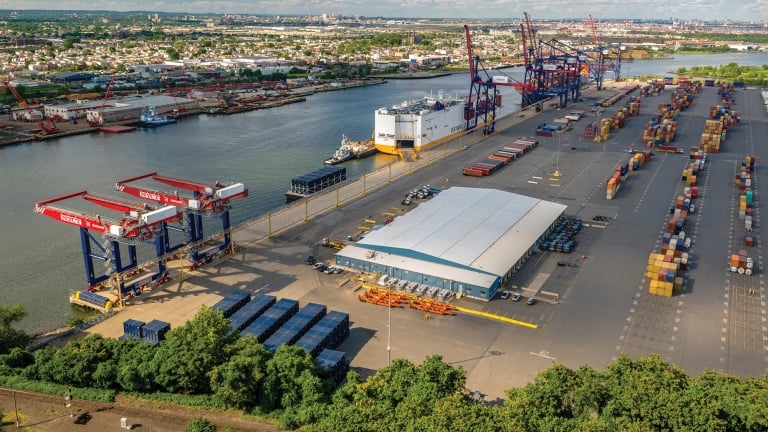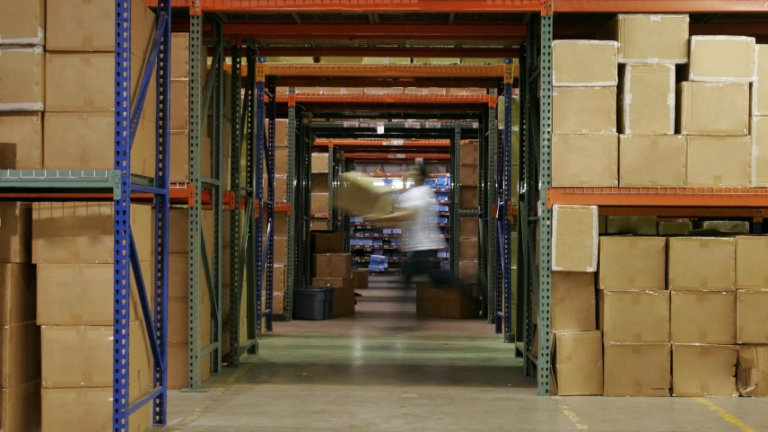Freight NYC
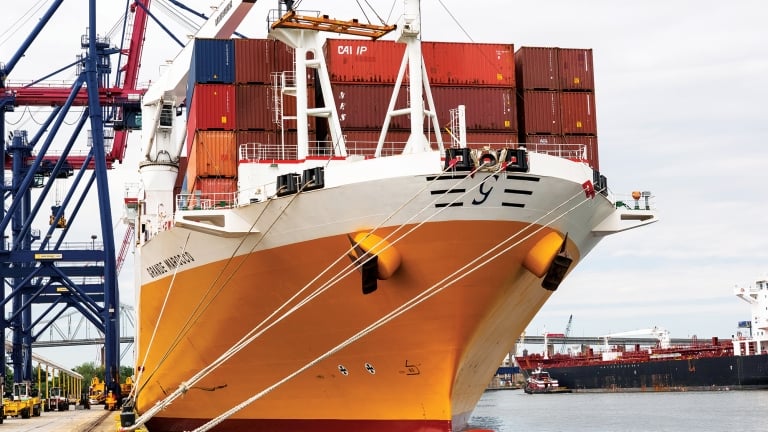
Executive Summary
Through strategic freight infrastructure investments, New York City will create thousands of good jobs, all while preparing the city for a growing and changing economy.
New York City, anchoring a gross metropolitan product of $1.5 trillion, is the largest consumer market in the United States. The region’s 20 million residents expect and deserve a modern and well-functioning freight system. New York City’s current freight infrastructure was mostly developed in the early 20th century and is outdated and increasingly obsolete.
The City depends on aging highway infrastructure, yet we rely on trucks to move nearly 90 percent of freight around the city. Truck traffic congestion alone could cost the local economy $27 billion over the next 30 years, hurting local businesses and impeding commerce. At the same time, we have under-invested in rail, maritime, and distribution infrastructure.
To address these challenges, Freight NYC outlines the following goals for the City:
- Create nearly 5,000 good-paying jobs in the freight network
- Transform how freight enters New York City by investing in maritime and rail solutions
- Modernize and develop new distribution facilities
- Improve air quality by supporting an environmentally sustainable and resilient supply chain
Inaction will cost the city’s residents and businesses hundreds of millions of dollars each year, limit opportunities for growth, and exacerbate greenhouse gas emissions. Freight NYC programs will overhaul our aging freight system by creating thousands of jobs, modernizing infrastructure, and reducing shipping costs.
New York Works in Freight
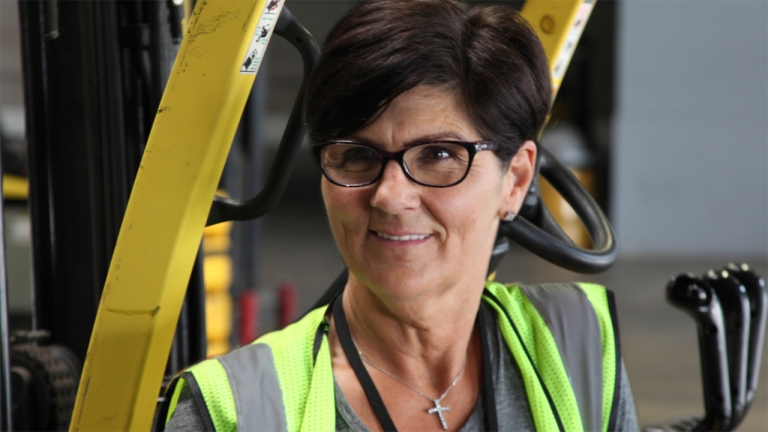
Marie Pucciarelli, Longshoreman
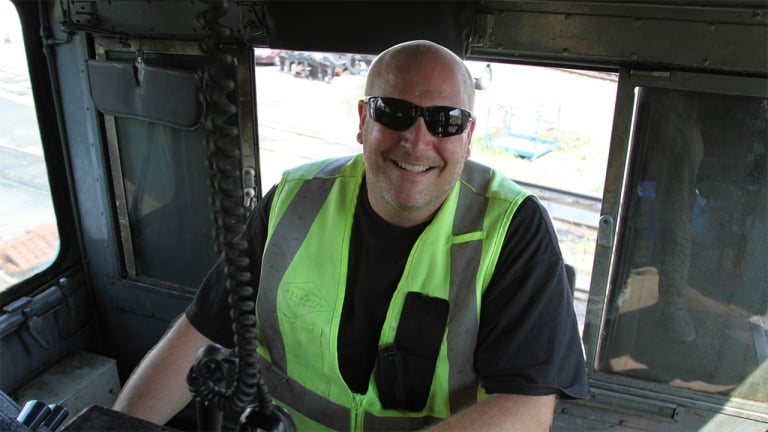
Alex Raia, Locomotive Engineer

Carlo Sixon, Yard Superintendent
